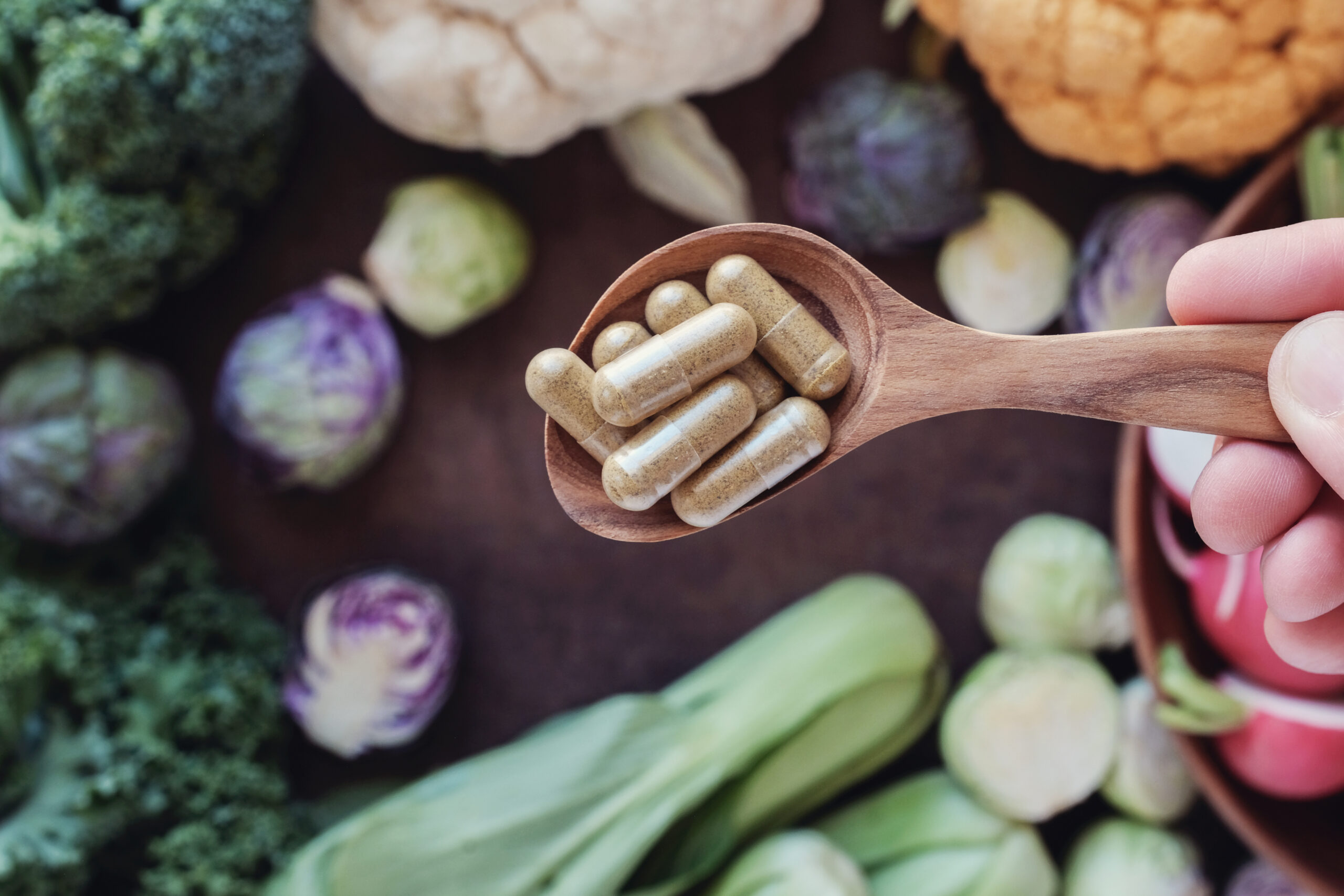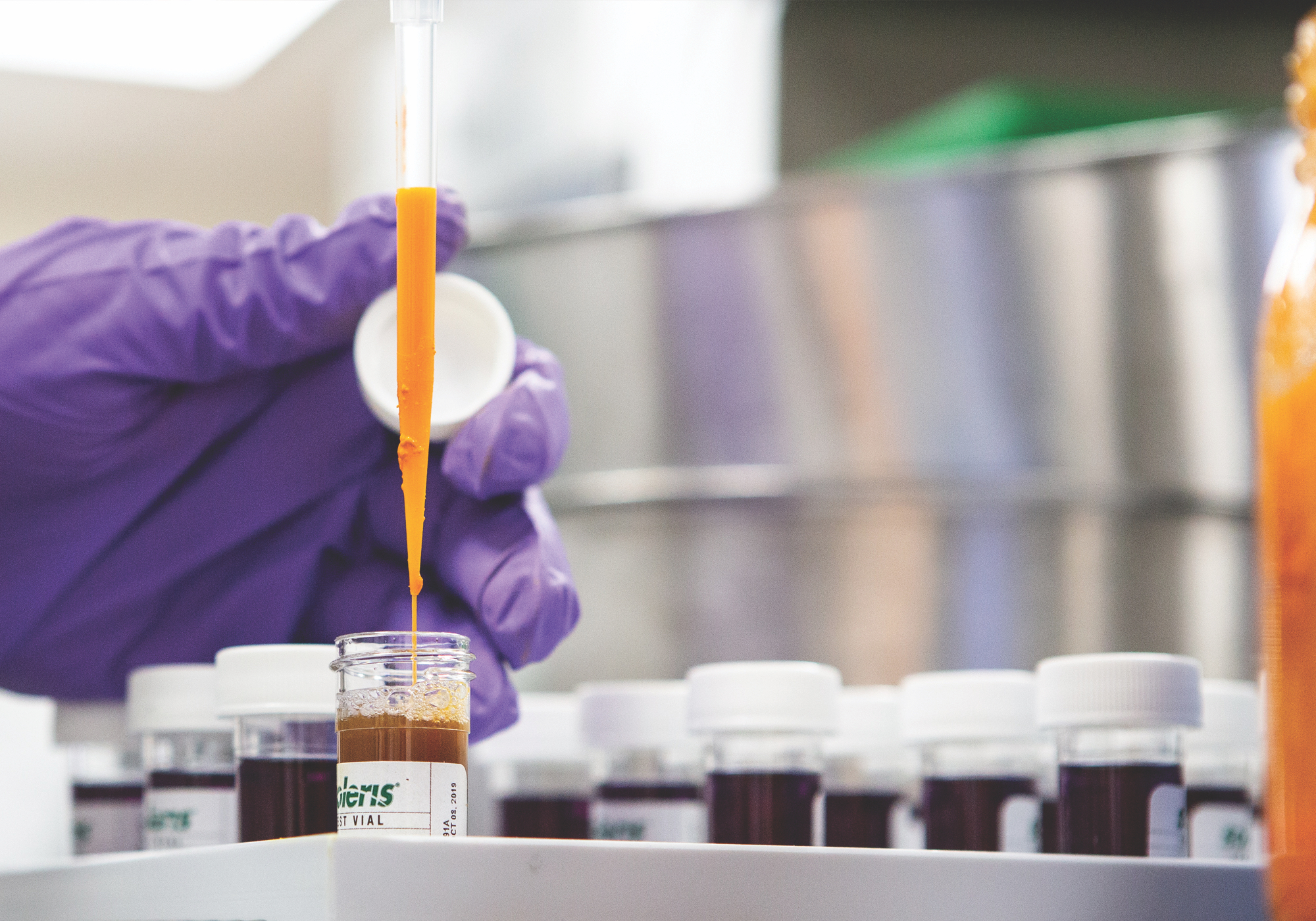Scientific name:Panax ginseng
Constituents:
- Triterpenoid saponins (ginsenosides/ginpanaxosides): protopanaxatriols (Rg1, Rg2, Rf & Re) & protopanaxadiol (Rc, Rd, Rb1 & Rb2)
- Steroidal saponins
- Polysaccharides (glycans)
- Acetylenic alcohols (panaxynol and panaxydol) & polyacetylenes (ginsenoynes A-K)
- Sesquiterpenes (B-elemene, panasinsanol A and B, ginsenol)
- Phytosterols
- Flavonoids
- Amino acids
- Volatile oil
Medicinal actions:
- Adaptogen
- Antioxidant
- Antispasmodic
- Aphrodisiac
- Cardiotonic
- Diuretic
- Hepatoprotective
- Immunomodulator & Immune stimulant
- Nervine Stimulant & Tonic
Mechanism of Action & Pharmacology:
- Triterpene saponins (Ginsenosides/ginpanaxosides) are considered to be the major pharmacologically active agents and can be divided into two classes – the protopanaxatriols consisting mainly of Rg1, Rg2, Rf and Re and the protopanaxadiols consisting mainly of Rc, Rd, Rb1 and Rb2.
- Note: ginsenosides have low bioavailability and are not likely the active forms which reach the bloodstream after oral doses of ginseng, and so greater weight should be given to the oral pharmacological studies vs. vitro investigations. Their decomposition products after the action of digestion and bowel flora are absorbed and may be their true active forms of the ginsenosides. These metabolites have been identified as prosapogenins and sapogenins.
- Ginsenosides have corticosteroid-like action and inhibit re-uptake of GABA, NE, dopamine, gluatmate, and serotonin. Can also reduce ACTH-stimulated cortisol production and significantly inhibit the production of corticosterone in a dose-dependent manner, and lower serum ROS and malondialdehyde (MDA) levels, thereby increasing total glutathione concentrations and GSH Reductase activity and possibly contributing to anti-fatigue effects.
- The individual ginsenosides may have opposite effects such as vasoconstriction & dilation, increase & decrease cardiac performance, hemostatic & anti-coagulant, and CNS stimulant & depressant.
- Polysaccharides are antioxidant, hypoglycemic, and anti-tumorogenic.
Pharmacy:
- Decoction
- Tincture
- Capsules
- Note: avoid long-term use unless in lower doses
Safety & Toxicity Concerns:
- Results from controlled clinical trials using a daily dose of 1 g indicate that ginseng is generally safe and well tolerated. However, higher doses may cause side effects, and Ginseng Abuse Syndrome (GAS) has been described as overuse causing hypertension, with nervousness, palpitations, chest pain, euphoria, insomnia, skin eruptions, headache, nosebleeds, vomiting and diarrhea.
- Ginseng may cause side effects related to an estrogen-like activity in women (e.g mastalgia & postmenopausal vaginal bleeding have been reported).
- Note: Reports on side effects are controversial due to lack of information on the type of ginseng used in studies, though death reports exist.
- Avoid in history of arrhythmia, acute asthma, hypertension, acute infections, and ADHD. Use caution with acute infection and in hyper tense people and in children.
- Use cautiously during pregnancy (controversial).
Interactions:
- Avoid concurrent use with stimulants such as caffeine and amphetamines (due to additive effects).
- May decrease effectiveness of antihypertensive medications (e.g nifedipine).
- May potentiate effects of anticoagulant (e.g. Warfarin), hypoglycemics and sildenafil.
- Theoretical interaction with anti-psychotics, MAOIs, sedatives, immunosuppressants, and other hormone therapies.
- May potentiate adverse effects of chemotherapeutic drugs (e.g. imatinib), HIV integrase inhibitors (e.g. raltegravir).







